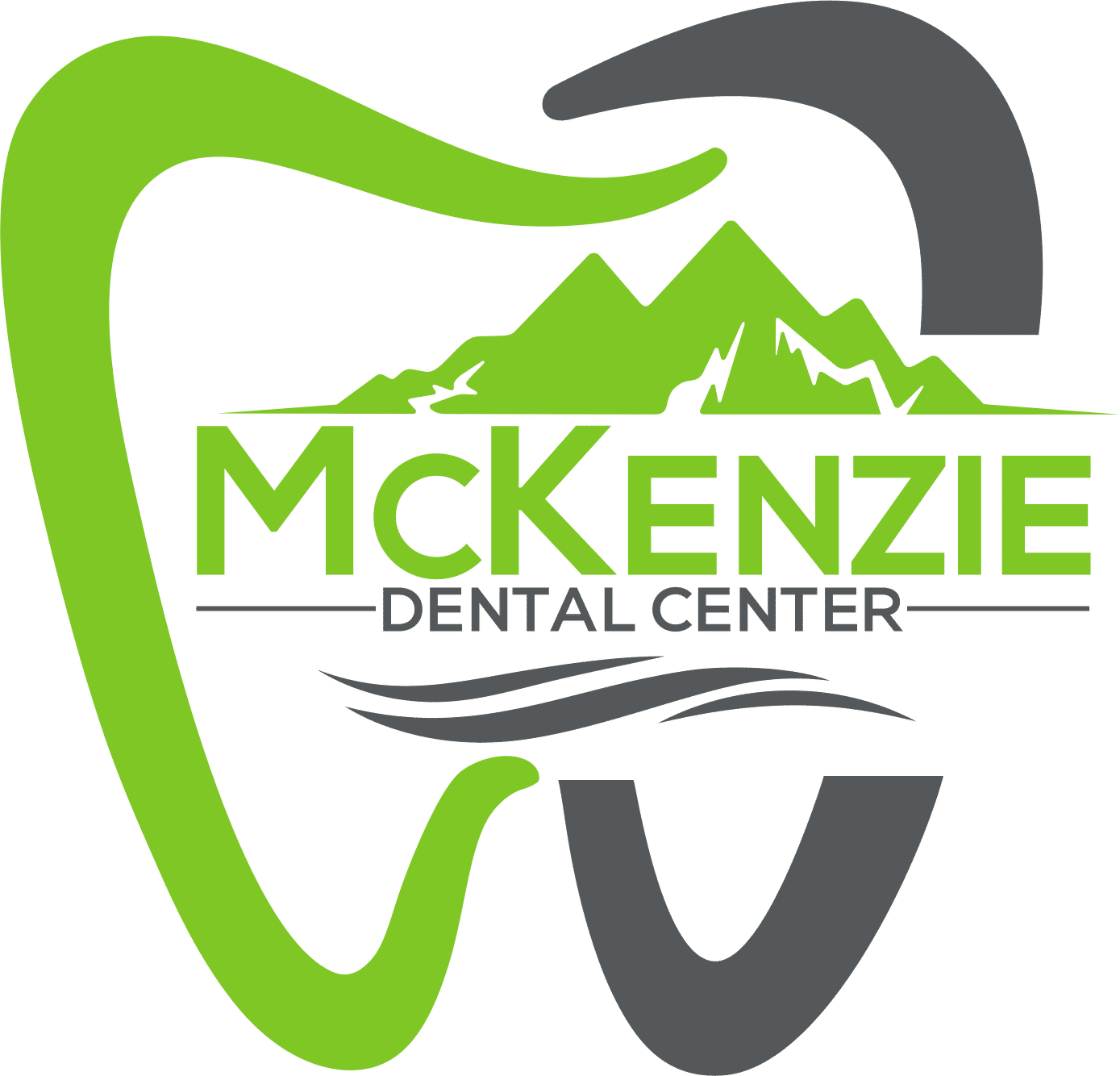Loud snoring, restless nights, and waking up exhausted could be signs of sleep apnea. This condition affects your breathing while you sleep, which can lead to serious health concerns over time. At McKenzie Dental Center in Springfield, OR, we provide personalized care to help restore healthy sleep and improve your quality of life. Schedule your consultation today to start sleeping and feeling better.
What Is Sleep Apnea?
Sleep apnea is a disorder where breathing repeatedly stops and starts during sleep. These pauses can prevent your body from getting the deep, restorative rest it needs. Many people are unaware they have it until a partner notices changes in their sleep patterns.
- Breathing pauses during sleep: Short interruptions in airflow that can occur multiple times a night.
- Hidden condition: Often goes undetected until someone else observes symptoms.
- Ongoing issue: Does not improve without professional diagnosis and treatment.
Types Of Sleep Apnea
Sleep apnea comes in different forms, each with specific causes and treatment options. The most common is obstructive sleep apnea, but some cases are neurological or a combination of both. Knowing your type helps guide the most effective care.
- Obstructive sleep apnea: Caused by a physical blockage of the airway, often from relaxed throat muscles.
- Central sleep apnea: Occurs when the brain does not send proper breathing signals to the muscles.
- Complex sleep apnea: A mix of both obstructive and central types that requires a tailored plan.
Symptoms Of Sleep Apnea
Signs of sleep apnea can appear both during the night and throughout the day. Some are obvious, while others are more subtle and easily overlooked. Paying attention to these symptoms can help you seek care sooner.
- Loud snoring or choking sounds: Commonly noticed by a sleep partner or family member.
- Unrefreshing sleep: Waking up tired despite spending enough hours in bed.
- Daytime effects: Trouble concentrating, irritability, or frequent mood changes.
Diagnosing Sleep Apnea
Accurate diagnosis is essential for finding the right treatment. Your provider may recommend an overnight sleep study in a clinic or a home testing kit for convenience. Test results, combined with your health history, determine the next steps.
- In-lab sleep study: Monitored overnight evaluation with equipment that tracks breathing and oxygen levels.
- Home sleep apnea testing: Portable device that records sleep data in your own home.
- Comprehensive review: Assessment of your symptoms, history, and test findings.
Risk Factors For Sleep Apnea
While anyone can develop sleep apnea, certain traits and habits can raise the risk. Awareness of these factors can help you take preventive steps. Some risks are lifestyle-related, while others are tied to anatomy or genetics.
- Excess body weight: Additional tissue in the airway can make breathing harder during sleep.
- Family history: Inherited traits may influence airway structure and sleep quality.
- Lifestyle habits: Alcohol, tobacco, or sedatives can overly relax airway muscles.
- Anatomical structure: Narrow airway, large tongue, or enlarged tonsils can block airflow.
Health Risks Of Untreated Sleep Apnea
Leaving sleep apnea untreated can affect more than your sleep quality. It may contribute to serious health conditions and reduce daily functioning. Addressing it promptly can help protect your long-term well-being.
- Heart and circulation issues: Higher likelihood of high blood pressure and heart disease.
- Brain health concerns: Poor oxygen levels during sleep can increase stroke risk and memory problems.
- Reduced focus and alertness: Sleepiness during the day can raise accident risk.
- Mood and energy changes: Ongoing fatigue can contribute to irritability or depression.
Sleep Apnea Treatment
There are effective options to help you breathe more easily and sleep more soundly. Your provider will recommend a treatment that matches your symptoms, lifestyle, and health goals. The aim is to restore consistent breathing and improve your overall rest.
- Custom oral appliances: Designed to keep the jaw in a position that prevents airway collapse.
- CPAP therapy: Delivers steady airflow through a mask to keep airways open.
- Lifestyle strategies: Weight loss, improved sleep position, and regular exercise can reduce severity.
Oral Appliance Therapy
Oral appliance therapy is a comfortable, non-invasive alternative for many patients. These small devices gently adjust the jaw and tongue to help maintain an open airway during sleep. Many find them easier to use and transport than CPAP machines.
- Compact design: Fits easily into luggage or travel bags.
- Custom-fit: Made to match your bite for comfort and effectiveness.
- Snoring reduction: Keeps airflow steady to help minimize nighttime disruptions.
Wake Up To A
Healthier, Happier You
Better sleep can transform the way you feel and function each day. With the trusted providers at McKenzie Dental Center in Springfield, OR, you can take control of your sleep health and reduce the risks linked to untreated apnea. Imagine starting each morning with more energy and focus. Call today to schedule your visit and take the first step toward restful, healthy nights.
